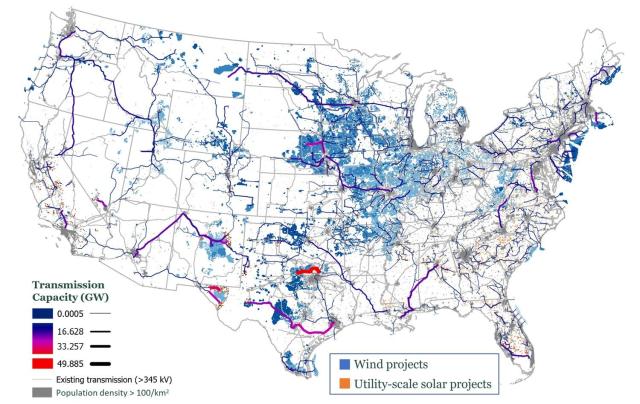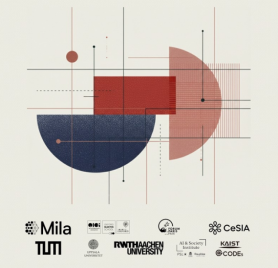
SEOUL, August 27 (AJP) - South Korea's prestigious research institute, the Korea Advanced Institute of Science & Technology (KAIST), and Princeton University have launched a joint initiative called Net-Zero Korea, aimed at helping South Korea accelerate its transition to carbon neutrality.
The project was announced on August 27 at the World Climate Industry Expo in Busan. It will be led by Professor Jeon Hae-won at KAIST's Graduate School of Green Growth and Sustainable Development, in partnership with Princeton's Andlinger Center for Energy and the Environment.
Funded through seed money from Google, the collaboration will run for three years. The goal is to create a detailed roadmap that can guide South Korea's climate and energy policies.
The research builds on Princeton's "Net-Zero America" study, published in 2021, which outlined practical pathways for the United States to reach net-zero emissions. By combining Princeton's methods with KAIST's modeling expertise, the project will adapt the framework to South Korea's industrial and economic conditions.
Net-Zero Korea will use energy system modeling, a tool that simulates how energy supply and demand might change under different policies. These models can show the costs, benefits, and side effects of shifting away from fossil fuels toward clean energy. KAIST will add its experience with integrated assessment models, which link energy choices to broader issues such as land use, trade, health, and economic growth.
The project will also produce highly detailed visualizations of how South Korea's energy and industrial systems could evolve. The analysis will cover land use changes, capital investment needs, job creation, and the health effects of air pollution.
A key feature of the work is the development of an open-source optimization model that incorporates international trade. For a country like South Korea, where exports and imports drive the economy, trade has a direct impact on how realistic different climate policies may be.
Professor Wei Peng of Princeton said, "By combining KAIST's world-class expertise in integrated assessment modeling with Princeton’s macro-energy modeling, we can develop tools that will be useful not just for South Korea but also for other trade-dependent economies around the world."
Antonia Gawel, Director of Partnerships at Google, said, "We are delighted to support this important project between KAIST and Princeton University. It also aligns with Google's own goal of achieving net-zero emissions across our supply chain by 2030."
Professor Jeon Hae-won of KAIST noted, "Through this collaboration with Princeton University, which has led pioneering net-zero research, we hope to provide a strong scientific foundation for South Korea’s carbon neutrality and sustainable energy future."
KAIST President Lee Kwang-hyung added, "It is meaningful that KAIST, as South Korea's leading research institution, is partnering with Princeton University to create a science-based policy support system for climate crisis response. This cooperation will contribute not only to South Korea’s net-zero transition but also to the global effort to address climate change."
Copyright ⓒ Aju Press All rights reserved.




